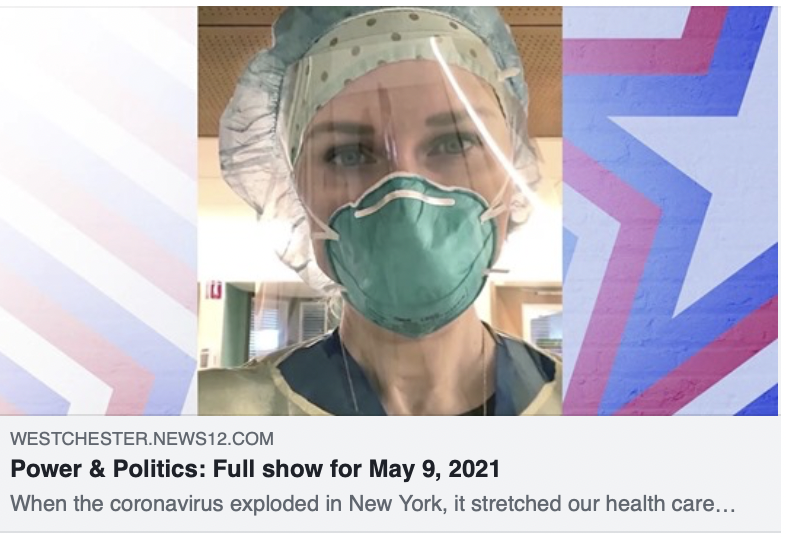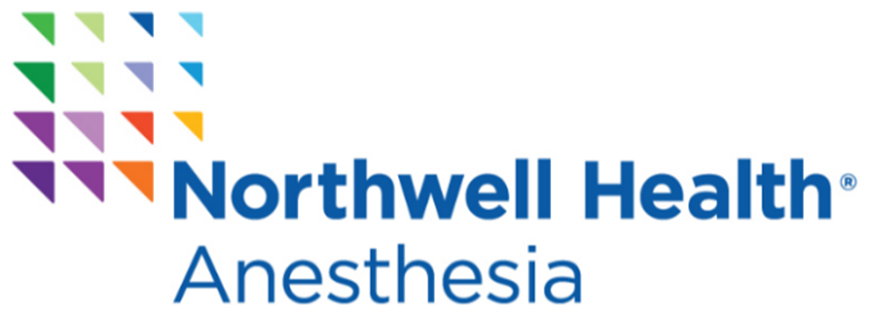NYSANA President, Giovanna Mahar, testifies at the NY assembly Public Hearing on the Impact of COVID-19 on the Delivery of Health Care and the Health Care Workforce
Last Wednesday, November 17, 2021, NYSANA President, Giovanna Mahar, took to the court room to testify in a Committee Hearing at the New York State Assembly about "Lessons Learned During the COVID-19 Pandemic." The Committee was interested in assessing the lessons learned during the pandemic, including the appropriateness of Executive Orders issued by the Governor during the declared emergency period as it relates to access to health care and training requirements of health care workers. Giovanna speaks upon the unnecessary restrictions placed on CRNAs and the significance of Executive Order 4, originally issued during the height of the pandemic by former Governor Cuomo. The order suspends the health code to remove the supervision requirements for advanced practice registered nurses with a doctorate or master’s degree specializing in the administration of anesthesia. This allows for CRNAs to have full scope of practice utilization and assists in patient care and staffing workload. Giovanna continues on to discuss the important role of CRNAs and the need for a formal scope of practice in New York State.

 Watch NYSANA President Yana Krmic on News12 Westchester's Power & Politics with Scott McGee. Yana
Watch NYSANA President Yana Krmic on News12 Westchester's Power & Politics with Scott McGee. Yana 